
Whether you’re a lily collector, or an enthusiast, or just appreciate the beauty of lilies, you may have heard about an insect that wreaks havoc on them. The lily leaf beetle (Lilioceris lilii) is quickly becoming more of a widespread pest of true lilies (Lilium spp. and cvs., Zones 3–9).
This pest, which is native to Europe and Asia, was discovered in Montreal in the 1940s. It was introduced to the United States in 1992, most likely with the movement of bulbs. Currently lily leaf beetles can be found in most Canadian provinces, and they are becoming increasingly prevalent in the northeastern United States, with continued spread into the Midwest. In addition, there are records of this insect in the state of Washington.
 |
 |
The adult beetles are easily identified by their bright red color, while their sluglike larvae are orange-green. They overwinter in the soil or leaf litter of lilies as adults, emerging in spring to early summer to lay eggs, which are tan. These eggs are often found on the underside of leaves in irregular lines. After one to two weeks, larvae hatch, begin to feed on the leaves, and continue feeding on leaves, buds, and flowers for two to four weeks.
Luckily for lovers of daylilies (Hemerocallis spp. and cvs., Zones 3–10), the lily leaf beetle does not feed on them. It feeds primarily on true lilies and fritillaries (Fritillaria spp. and cvs., Zones 5–8). The most vulnerable types of lilies include Easter lily (L. longiflorum, Zones 4–8), tiger lily (L. lancifolium, Zones 3–9), Asiatic lilies, and some Oriental lilies. Other plants have also been recorded with minor feeding damage from lily leaf beetles, including hollyhock (Alcea spp. and cvs., Zones 3–9), lily of the valley (Convallaria majalis, Zones 3–8), Solomon’s seal (Polygonatum spp. and cvs., Zones 4–8), certain hostas (Hosta spp. and cvs., Zones 3–9), and potatoes.
Although these pests seem formidable, don’t give up just yet! The lily leaf beetle can be managed by controlling larval feeding. Many synthetic pesticides are available and effective, but if you prefer a more natural approach, try using insecticidal soaps or neem oil; you can also hand-pick the adult beetles, larvae, and eggs. If you choose to use a pesticide product (including insecticidal soaps and neem oil), always read and follow the directions on the label.
You can also plant varieties that offer more resistance to lily leaf beetles. Research from the University of Maine has demonstrated that the most resistant lilies are ‘Madame Butterfly’ (L. henryi ‘Madame Butterfly’, Zones 5–8), ‘Uchida’ (L. speciosum var. rubrum ‘Uchida’, Zones 5–9), and ‘Black Beauty’ (L. ‘Black Beauty’, Zones 3–8). Certain Oriental lilies like these can provide some resistance, whereas Asiatic hybrids are the most susceptible to lily leaf beetle damage.
Research is also underway through the University of Rhode Island on the possibility of using parasitoids—parasitic insects that eventually kill their host insect—for biological control of this pest.
For more information about the lily leaf beetle and for specific recommendations based on your location, contact your regional extension office.
|
TIPS: Track spreading damage |
—Abiya Saeed is an entomologist and an agriculture, horticulture, and natural resources extension agent for Colorado State University.
From Fine Gardening #193
Fine Gardening Recommended Products
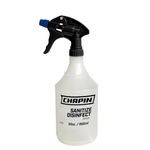
Chapin International 10509 Upside-Down Trigger Sprayer
Fine Gardening receives a commission for items purchased through links on this site, including Amazon Associates and other affiliate advertising programs.
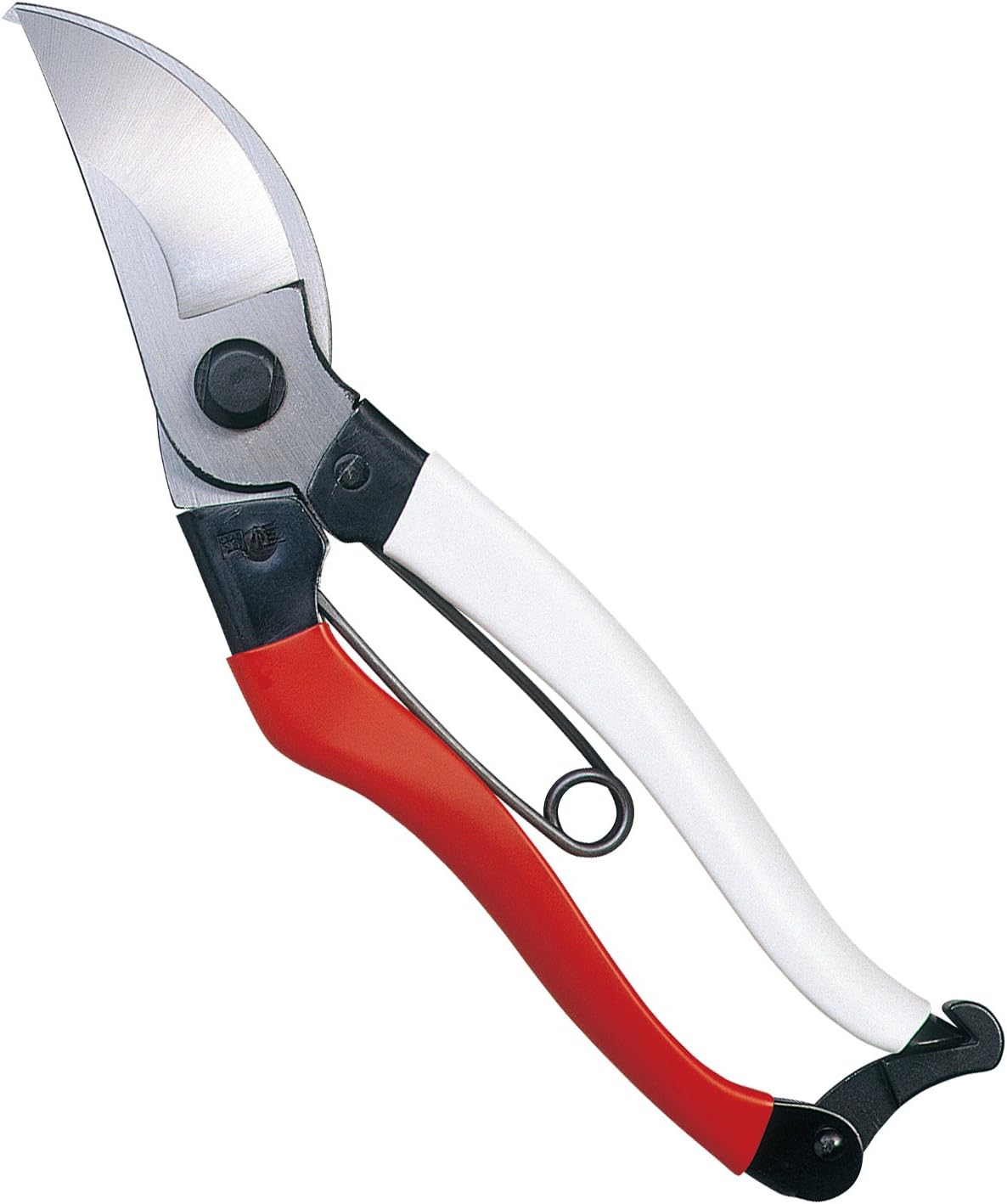
Okatsune 103 Bypass Pruners General Purpose Medium
Fine Gardening receives a commission for items purchased through links on this site, including Amazon Associates and other affiliate advertising programs.

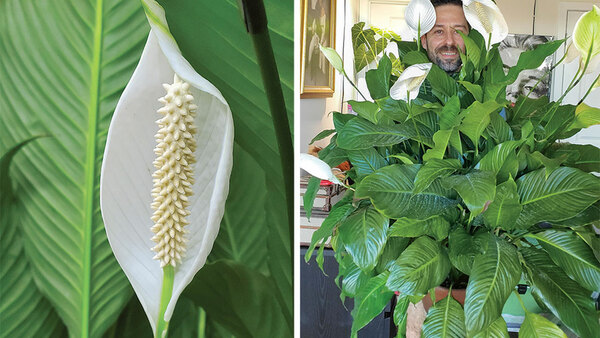


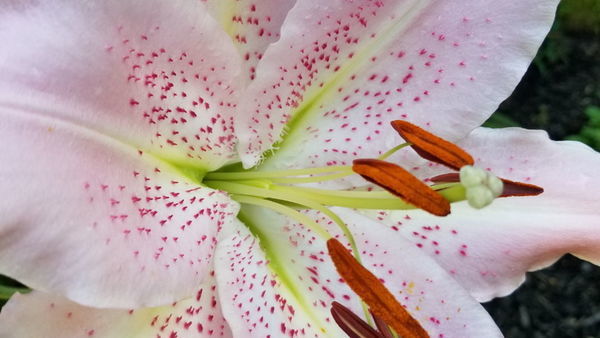


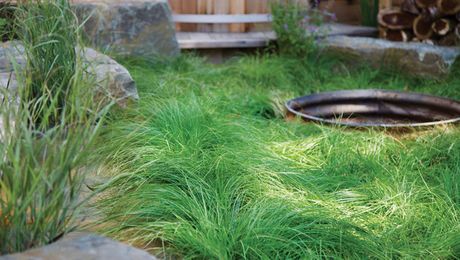










Comments
Log in or create an account to post a comment.
Sign up Log in